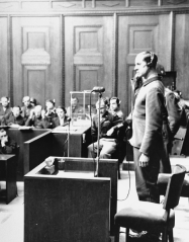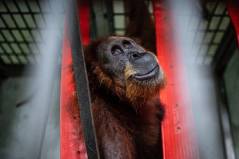
In an interview published in the latest issue of HCS-Manguinhos, Professor Volker Roelcke explains and analyzes historical evidence refuting erroneous assumptions about medical atrocities committed by physicians during the Nazi era.

Our current issue features an interview with historian of science, technology, and medicine Christopher Hamlin in which he explains how he became interested in the history of public health. In 2010, his book “Cholera: The biography” was one of the British Medical Association’s highly commended books.

“Some will certainly argue that humans must be fed, including with the cheapest meat possible to satisfy vitamin B-12 and iron requirements, but how humane or even rational are we, with global temperatures on the rise and pandemic diseases spreading in response to the way we use the planet and its nonhuman inhabitants?”, asks the article.